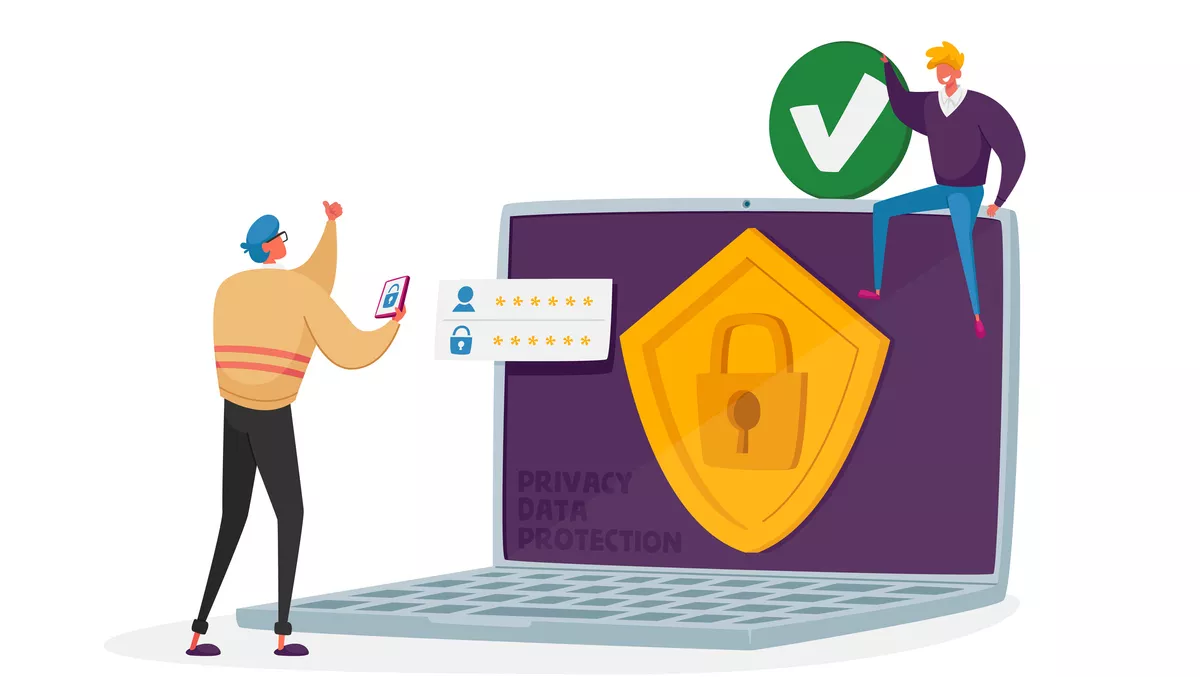
VPNs are the MVPs, so what exactly can they help you with?
A VPN could be a tool to help you snag a better flight or even hide from a pesky ISP.
Unknown as a fact to many, prices change according to a variety of factors, including your IP address, browsing or purchase history, zip code, and even the Wi-Fi you're connected to.
People often also don't understand that an ISP sees your VPN connection only because they can recognise an unfamiliar IP address. However, they cannot see anything specific about your online activity. Your search and download history, website visits and clicks will all be hidden with the use of a VPN.
Getting cheaper flights is said to be as simple as changing your IP address by utilising a VPN, so that this prevents the phenomenon known as dynamic pricing caused by info attached to IP addresses.
Smartphone tracking is also another way websites collect data, and a VPN can help remedy tracking and other location-based issues.
Surfshark likens VPN technology to a blind post office, where the office doesn't know a customer's name or address. Instead, the post office staff receives and sends letters containing only one piece of information about you, and that is your customer's ID. Because this ID is specific to you, it's therefore confidential.
Sometimes, deleting cookies and browser history isn't enough, so it's essential that to get the best results, a reliable VPN is used that encompasses a complete system of protection and system oversight.
A lot of the time, many personal situations require users to protect their privacy or get around restrictive firewalls, and the best option is to change your real IP address and location using a VPN.
And if you're wondering, is all of this legal? Generally yes! VPN use for security and convenience while shopping doesn't break any laws or consumer affairs legislation, you just have to be careful with the VPN you choose.
ISPs do not generally care if a VPN is used however it will differ between governmental jurisdictions.
In countries like China and Russia, VPN use is heavily restricted, and in places like Iran and Belarus, it's illegal. New Zealand and Australian residents are allowed to use VPNs, although their online activity is subject to some forms of monitoring by the government.
There are also ways to hide the fact that you're using a VPN from your ISP using a method of obfuscated servers. Many VPNs (like Surfshark) have this feature, which makes a user's internet traffic blend in like other general traffic, hiding the fact that they are using a VPN from an ISP.
Although a VPN cannot guarantee you 100% anonymity, it does give an extensive amount of protection, so it may definitely be worth a look next time you want to nab a good flight deal or avoid those troublesome ISPs.


